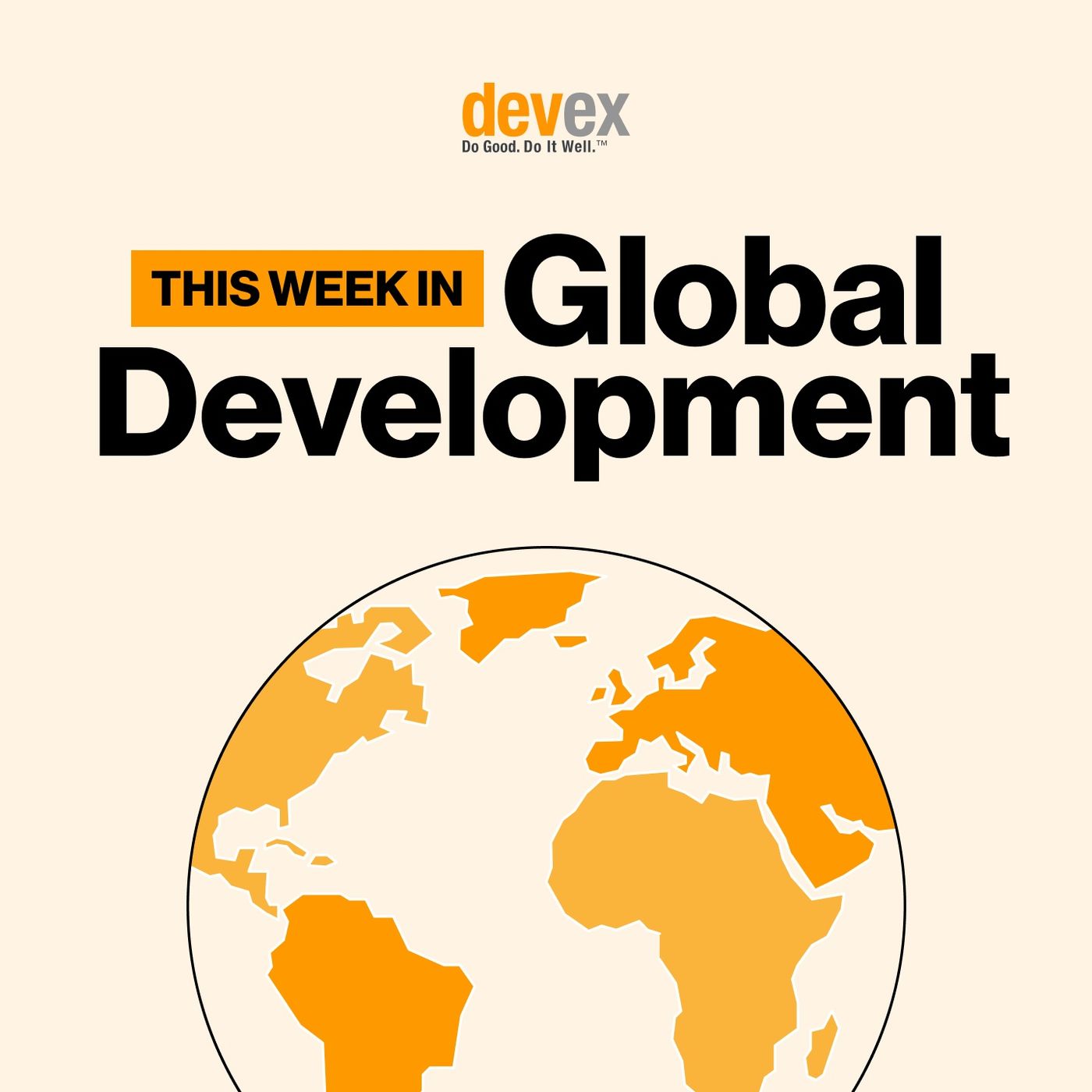Devex @ UNGA 79: How a quantum leap is needed to bring energy to 300 million Africans
Description
Among the major development initiatives under discussion at the United Nations this week in New York is an ambitious goal set out by the World Bank and the African Development Bank, which aims to get electricity to 300 million Africans by 2030.
During the high-level week of the U.N. General Assembly, Devex caught up with Andrew Herscowitz, CEO of the M300 Accelerator, which aims to make these ambitions into reality.
M300 is based at the Rockefeller Foundation and supported by the Global Energy Alliance for People and Planet, or GEAPP, and Sustainable Energy for All, two international organizations focused on bringing clean energy to everyone.
Herscowitz is the former head of Power Africa, a previous energy initiative that, in its first decade, helped deliver new or improved electricity to nearly 200 million people in Africa. But he said the latest project was even more ambitious. In fact, he said, it was “probably the biggest thing that's happening in international development right now.”
It needs “quantum leaps in a couple of different areas” for the accelerator to succeed in its goals, he said. But he told Devex that he was confident that he and his allies had the resources to make those leaps happen.
Devex Senior Reporter Adva Saldinger sits down with Herscowitz to discuss more about M330 for a special episode of our weekly podcast series.
Sign up to the Devex Newswire and our other newsletters.
More Episodes
For this special episode of our weekly podcast series recorded at COP29, Devex climate reporter Jesse Chase-Lubitz sits down with Kulthoum Omari-Motsumi from the Africa Adaptation Initiative, Patrick Verkooijen of the Global Center on Adaptation, and Tagaloa Cooper from the South Pacific Regional...
Published 11/16/24
Published 11/16/24
Agriculture is both a driver of climate change, with around 11% of global greenhouse gas emissions coming from direct on farm emissions, and a potential game changer in mitigating it, if carried out sustainably. Yet currently agriculture receives only 4.3% of total mitigation and adaptation...
Published 11/15/24


